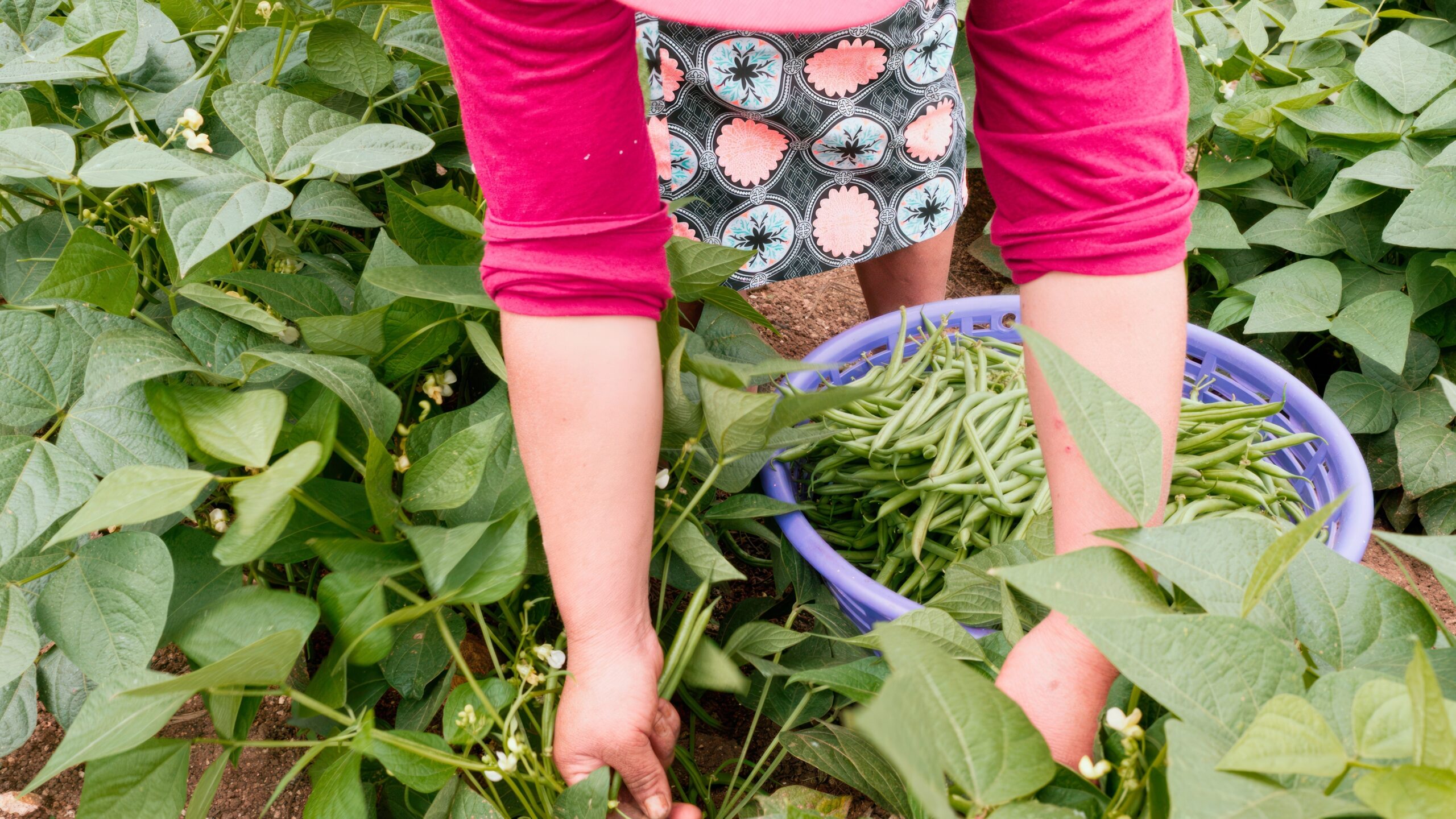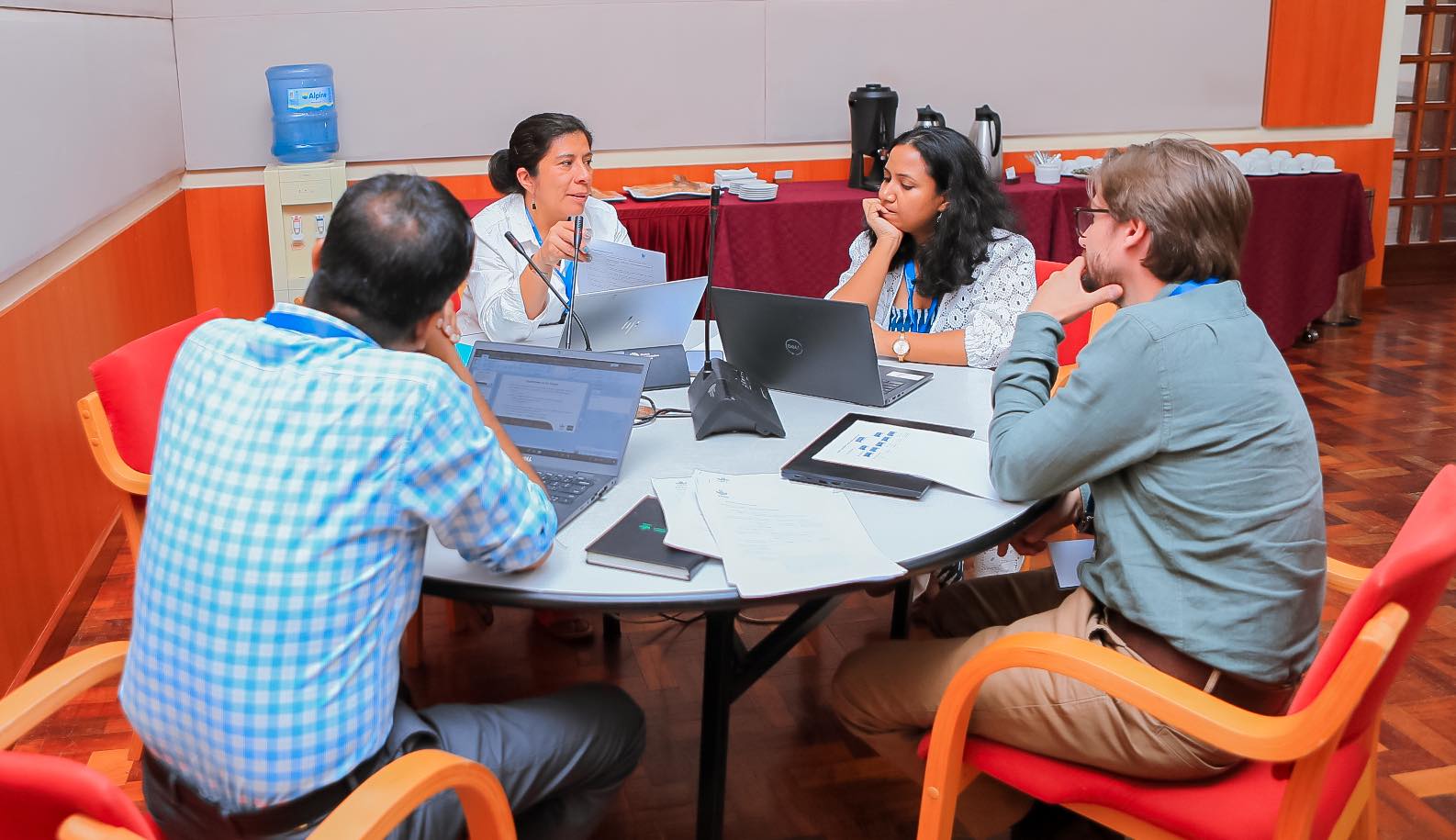Yemen has the highest poverty rates in the Middle East and North Africa and ranks among the most food insecure countries in the world. According to IFPRI research, 42 percent of the people live in poverty and one-third suffer from food insecurity. Fifty-eight percent of children are malnourished. To address these challenges, the Government of Yemen has adopted a National Food Security Strategy (NFSS) and a seven-point Action Plan for improving food security. To complement and support the implementation of the NFSS and Action Plan, IFPRI and Yemeni collaborators have developed the Food Security Atlas, a research tool that allows policymakers, analysts, and development practitioners to visualize the major challenges in key sectors for improving food security, such as agriculture, health, trade, and water.
The atlas is a collection of interactive Geographic Information System maps that users can customize to show the connections between the determinants of food security (such as access to markets and health care) and food security indicators (such as per capita calorie consumption). Providing a spatial perspective is particularly important in Yemen given the growing rural-urban divide in access to basic health and nutrition needs. For example, rural areas contain five times more food-insecure individuals than urban areas. Only 26 percent of households in the countryside have access to the drinking water network, compared to 77 percent in towns and cities.
The full version of the Atlas, available in CD-ROM format, places data for 800 variables at the user’s fingertips.







